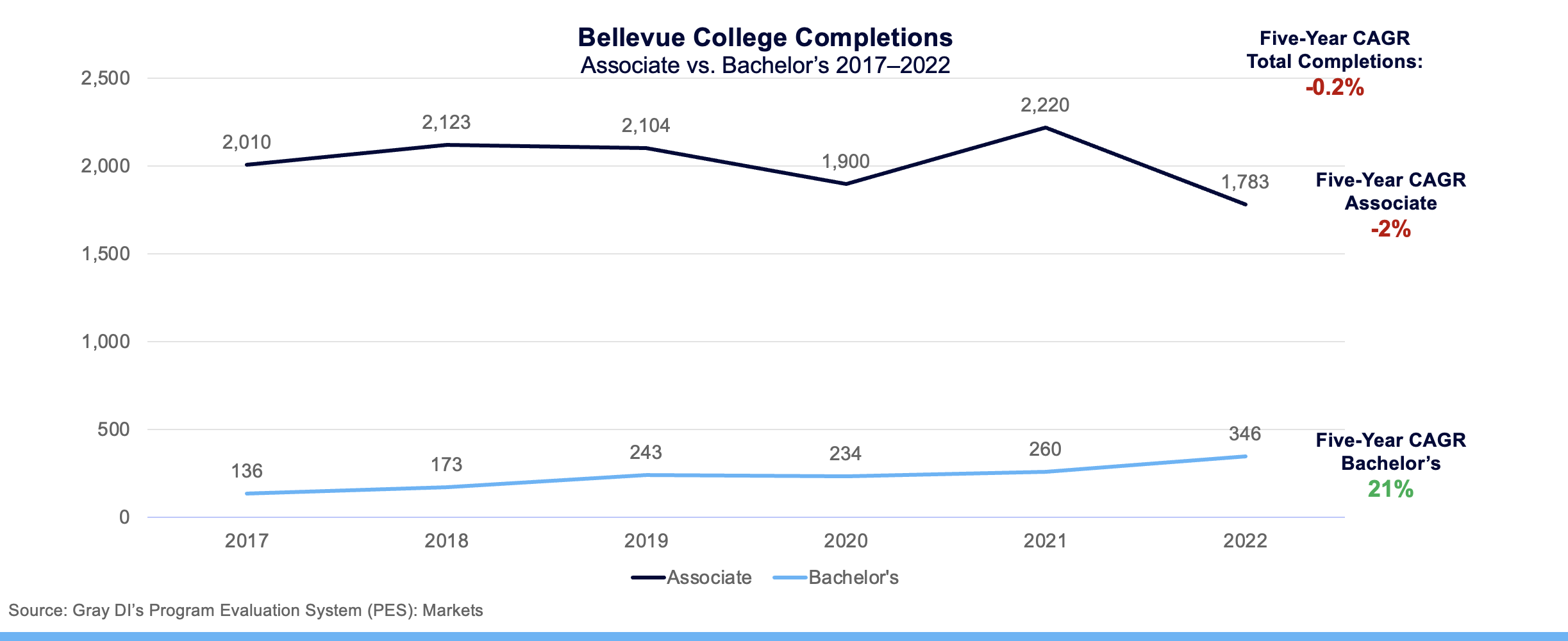Community colleges have been synonymous with associate degrees and vocational training for decades, offering students a valuable springboard to the workforce or a foundation for transferring to a four-year university. However, a new trend has gained momentum: community colleges nationwide are adding bachelor’s degrees to address the demand for specific skills.
Community Colleges Offering Bachelor’s Degrees
California is at the forefront of this movement. In March 2024 alone, the state’s community college system approved six new bachelor’s degree programs, bringing the total to 39 now offered or in development [https://edsource.org/2024/california-community-colleges-approve-6-new-bachelors-degree-programs/708463]. These programs focus on in-demand fields, including dental hygiene at Fresno College, respiratory care at Antelope Valley College, and paralegal studies at Santa Ana College.
The trend isn’t limited to California. Community colleges in states like Washington, Florida, and Illinois are also expanding their bachelor’s degree offerings. In Washington, for example, Bellevue College introduced a Bachelor of Applied Science in Cybersecurity, directly addressing the critical need for cybersecurity professionals [https://www.tacomacc.edu/academics-programs/programs/bachelor-degrees].
As shown below, from 2017 to 2022, bachelor’s completions at Bellevue College grew 21 percent annually on average, lessening the impact of the downward trend in associate degree completion rates.

Opportunity for Community Colleges with Bachelor’s Degrees
The rise of bachelor’s degrees at community colleges presents a unique opportunity for students and institutions.
The benefits for students:
- Affordability: Community college tuition and fees are typically a fraction of the cost at four-year universities, making a bachelor’s degree more financially accessible.
- Accessibility: Community colleges often offer more flexible scheduling options and are located closer to students’ homes, allowing for easier integration with work or family commitments.
- Focus on Specific Skills: Many of these bachelor’s programs are designed to equip students with targeted skills needed for specific professions, leading to a quicker transition into the workforce.
The rise of bachelor’s degrees at community colleges also presents a unique opportunity for the colleges themselves in several ways:
- Enrollment and Revenue Boost: New bachelor’s programs can attract a broader range of students, potentially increasing enrollment and generating additional revenue for the colleges. This can help them secure funding for future initiatives and strengthen their financial standing.
- Enhanced Reputation and Visibility: Offering bachelor’s degrees elevates the profile of community colleges, showcasing their ability to provide a comprehensive educational experience. This can attract higher-caliber faculty and students, further solidifying the colleges’ perceived value.
- Meeting Local Workforce Needs: Community colleges feel the pulse of their local markets. By strategically developing bachelor’s programs in high-demand fields, they can directly address workforce shortages and establish themselves as partners in regional economic development.
- Innovation and Experimentation: The relative flexibility of community colleges allows them to experiment with new bachelor’s programs more readily than four-year universities. This fosters an environment of innovation in curriculum development and teaching methods, potentially leading to groundbreaking approaches to higher education.
This trend will likely continue as student needs and workforce demands evolve. Community colleges, with their skill and focus on local needs, are well-positioned to play a vital role in shaping the future of higher education by offering high-quality, career-oriented bachelor’s degrees at an affordable price.




